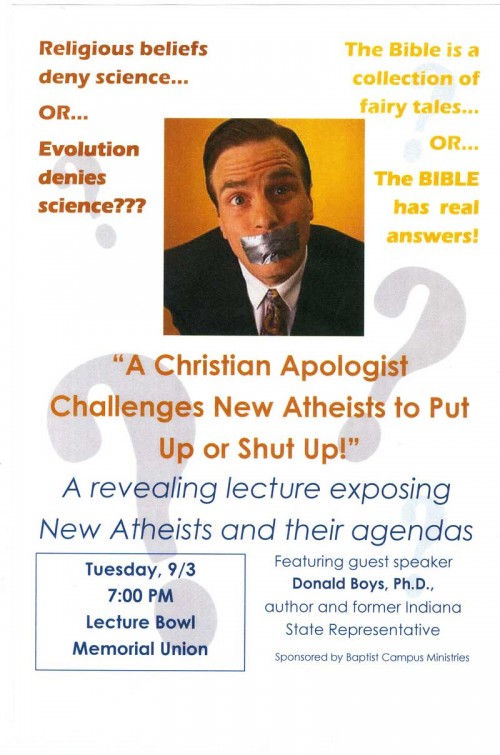Richard Cohen, tenured columnist at the Washington Post, is one of the worst. He recently blamed Miley Cyrus and twerking for the Steubenville rape, which he doesn’t think was a “classic rape”…and he thinks the two most important things you should know from it is that 1) there was no intercourse, and 2) only two men were involved. Really, the man is a world-class ignoramus. I rather enjoyed this beat-down.
But I’ve despised Cohen for years, ever since he wrote a column telling a young girl that she never needed to know algebra, because he’s so fucking stupid he’s never had to use it.
Unfortunately, as we all know, once a big-name newspaper hires some derpwad as a columnist, they’ve got a sinecure for life, and no matter how stupid their columns, nothing will evict them. Brooks, Douthat, Friedman, Cohen…awful writers, poor thinkers, and disgraceful human beings, all set up forever.


